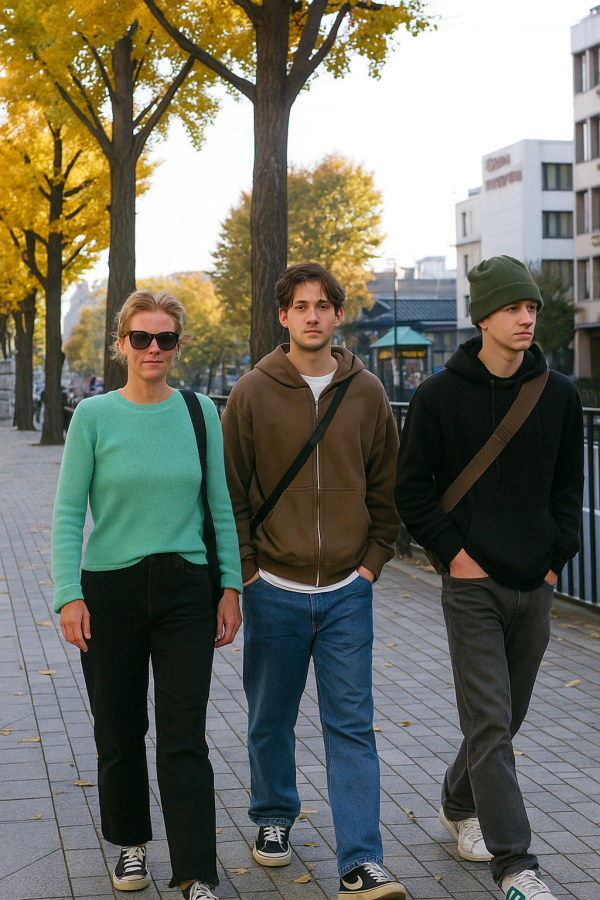News
Where did the saying 'diligence is rewarded' go? The era of 5% foreigners, challenges that still remain
- admin 9 days ago 2025.06.24 21:38
-
27
0
As of the end of 2024, South Korea is home to 2,650,783 foreign residents, accounting for approximately 5.17% of the total population, marking an all-time high. However, practical barriers such as language, culture, housing, and education remain. Despite evaluations that companies and universities are actively recruiting "global talent" and that advanced foreigner support policies are in place, difficulties with Korean language proficiency and adaptation are evident in various on-site situations.
Presenting Cases and Raising Awareness of Issues
As of the end of 2024, there are 2,042,017 long-term foreign residents (77%) and 608,766 short-term foreign residents (23%), indicating that long-term residents constitute the overwhelming majority. By nationality, those of Chinese descent number 958,959 (36.2%), followed by Vietnam with 305,936 (11.5%), Thailand with 188,770 (7.1%), the United States with 170,251 (6.4%), and Uzbekistan with 94,893 (3.6%). Notably, international students increased by 16.5% year-on-year to 263,775. The number of skilled professionals and multicultural marriage immigrants also significantly increased to 89,928 and 181,436, respectively, indicating a rapid expansion in the proportion of foreigners across the economy and society as a whole.
The Gap Between Expectations and Reality
Korean society is perceived by foreigners as a "country where diligent work is rewarded accordingly," but simultaneously, there are continuous criticisms that "lack of Korean language proficiency remains a significant barrier" and "adaptation to the nuanced culture is necessary." Complaints regarding housing instability and children's educational environments are also considerable, and despite the existence of policy support, difficulties in actual daily life are not easily resolved.
Analyzing the Structural Causes of the Problem
Foreigners' residency statuses are categorized into general stay (short-term/long-term) and permanent residency (F-5), and immigration laws and administrative services have been continuously improved. However, despite administrative convenience enhancements such as the implemented visit reservation system and mobile civil complaint services by language, the Korean language education infrastructure and housing/education linkage policies have not yet fully addressed systematic blind spots.
Therefore, it is pointed out that in addition to improving the quality of foreigner support policies, it is urgent to expand Korean language education at the corporate and university levels, and to strengthen housing and education support programs in cooperation with local governments. In particular, there are calls to increase life-centric support by establishing immigrant integration centers and introducing case-based customized counseling services.
Urging a Decision
A society's maturity is confirmed through the reality faced by its most vulnerable members. For Korea to transition into a "multicultural society," it is crucial to establish an integrated support system that can substantially improve the lives of foreigners across language, culture, housing, and education, moving beyond simple statistical figures. Only when the government and private sector take responsibility and address this task will the promise of "reward for diligence" truly become a reality.
- Previous Post“Where are discrimination and hate going?”… UN warns of surging racism in Korea2025.06.25
- Next Post“Why was the child confined?”… 1-year-old infant also confined for 141 days2025.06.23
Comment List
No comments available.
